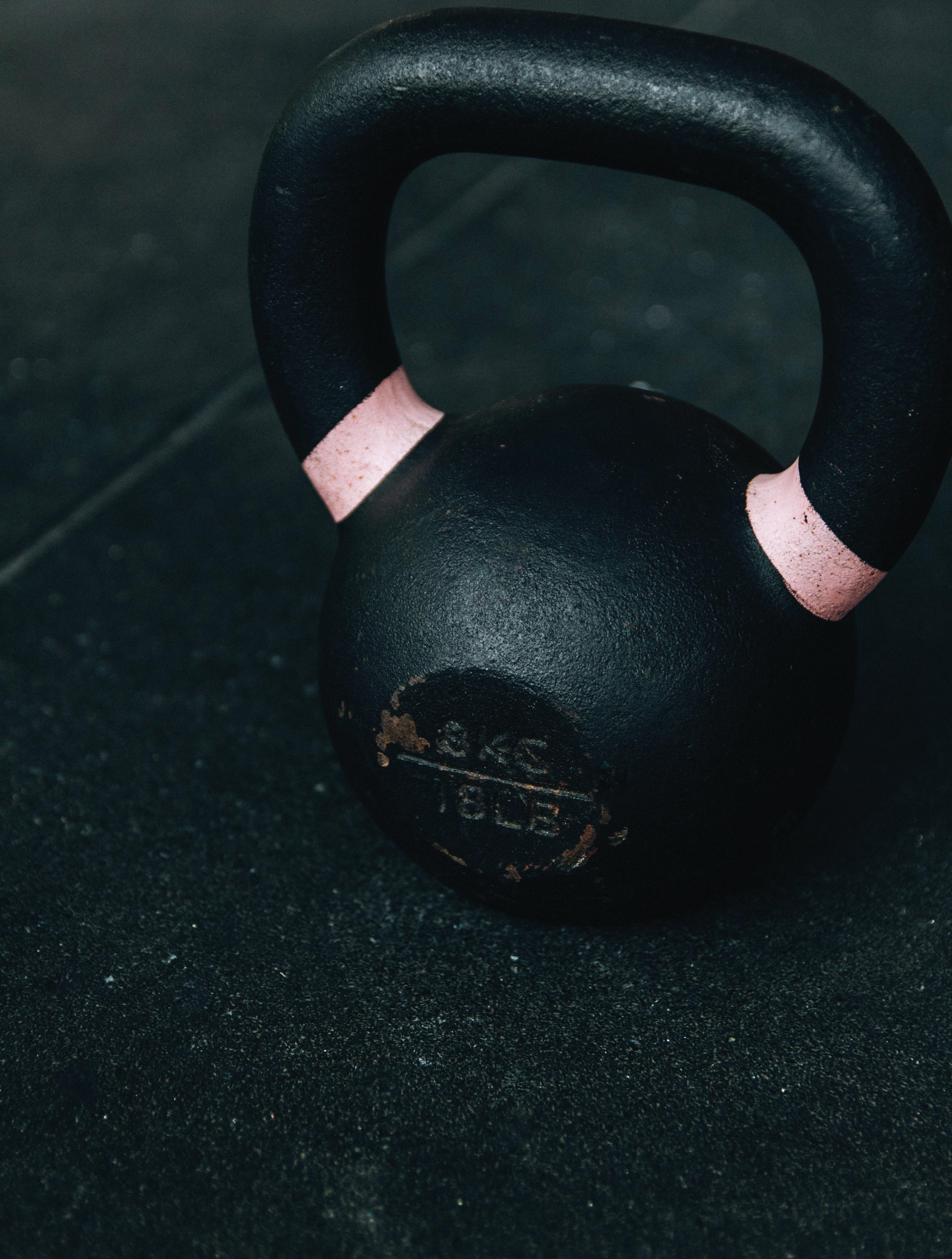
3 minute read
TRACING TRAUMA
Amy Sweezey Naome Bradshaw describes herself as a mom, wife, singer and friend. But mostly she’s a survivor. The trauma she survived in her past colors everything about her present.
After years of neglect and abuse, Bradshaw was raped at the age of 4 by an older boy, but her parents didn’t believe her. Her mom and grandmother both suffered from mental illness; and after her parent’s divorce, her stepmom was diagnosed with bipolar disorder. She bounced between foster homes and living on the streets throughout her teen years, struggling with managing her emotions and alcohol abuse.
Advertisement
“I was just pressing everything down and it was like a powder keg,” Bradshaw said. “Eventually, everything just exploded.”
Photo Courtesy of Naome Bradshaw
Not only did she endure a lifetime of childhood trauma, Bradshaw also made her living as a full-time singer and entertainer. Every night, she was surrounded by alcohol and drugs in a career that made it easy to hide behind makeup and a microphone.
“My life was set up to be an alcoholic,” she said. “Not expressing my feelings, pretending everything was OK, only showing people my best side and not reaching out for help. These are the ingredients for disaster.”
It wasn’t until 2017 that Bradshaw finally sought help after being diagnosed with complex Post Traumatic Stress Disorder (c-PTSD) due to childhood trauma. She began a rigorous regiment of EMDR (Eye Movement Desensitization & Reprocessing) therapy, used to relieve psychological stress in people with emotional distress resulting from disturbing life experiences. She said the therapy made life worse at first, before it got better.
“It reminded me of a fish tank when you stir the bottom of it and all the sediment is stirred up,” she said.
Bradshaw’s daughter caught her mother drinking alone in the middle of the day and confronted her.
“That was the worst,” Bradshaw said. “The next day I doubled up on therapy. I went two times a week and went to AA (Alcoholics Anonymous) meetings every day for 90 days.”
Bradshaw admits the therapy and healing were scary but acknowledges it was worth it.
“The benefits are worth the pain and uncomfortableness because the growth can only happen in that uncomfortable place,” she said.
Bradshaw recognizes that healing takes time.
“So often we get impatient with ourselves. I want to be healed yesterday, but I have to be patient. It doesn’t just turn into a perfect world because I stop drinking,” she said and emphasized that she alone is in charge of her recovery. “I didn’t cause my c-PTSD, but I sure am responsible for my own healing.”
Part of Naome’s healing comes from sharing her story in her blog “Tracing Trauma” (tracingtrauma.com) and her podcast “Recover Your Joy.” Her message is clear to fellow survivors: “You are enough. You’re worth it. If you reach out and ask for help, you will be surprised what you find. You might find a whole new world. It’s not going to be easy. It’s going to be tough. It’s going to be a battle. But it’s going to be the best battle of your life. It was for me.” To find out more about Naome and her blogs, podcast and music videos, visit her website: naomebradshaw.com
#NotAlone
In America, nearly one in five adults live with a mental illness. May is National Mental Health Awareness month, dedicated to fighting the stigma and educating the public about mental health.
Help spread the word through awareness, support and advocacy of mental health issues. By using the hashtag #NotAlone, when connecting to others or sharing your personal story, you’re promoting a nation where no one feels alone in their struggle.
FOR MORE INFORMATION, VISIT THE NATIONAL ALLIANCE ON MENTAL ILLNESS WEBSITE: NAMI.ORG.
Naome’s thoughts on self-care:
“When they say ‘self-care’ people always think of bubble baths and going to the spa. But self-care is about boring stuff, like taking my medicine, exercising, eating vegetables, drinking enough water and just basically caring for myself. Also, not burying my emotions is important. Talking about things. Expressing my opinion. Authenticity is very important, saying what I feel in the moment.”










